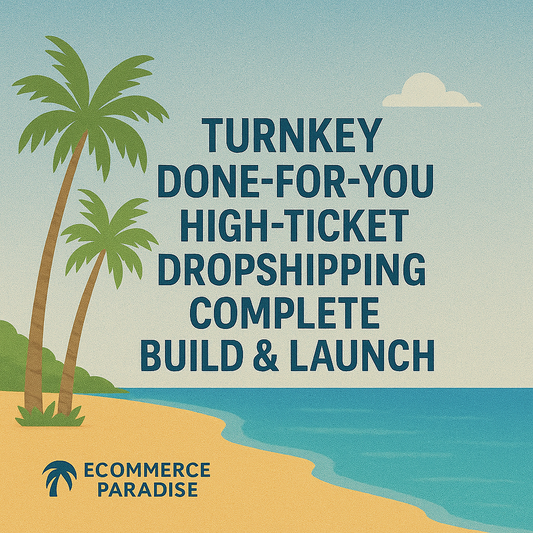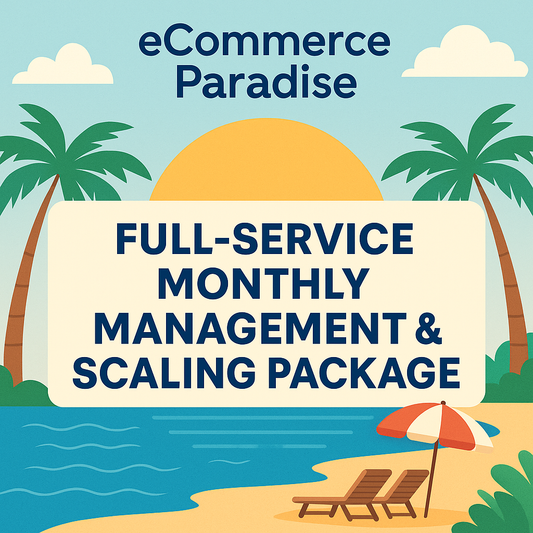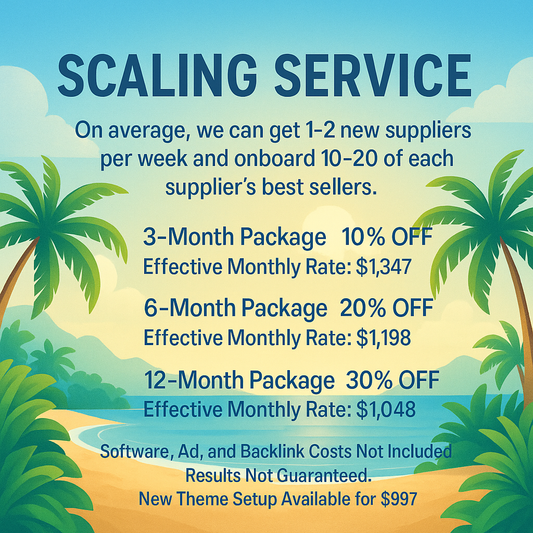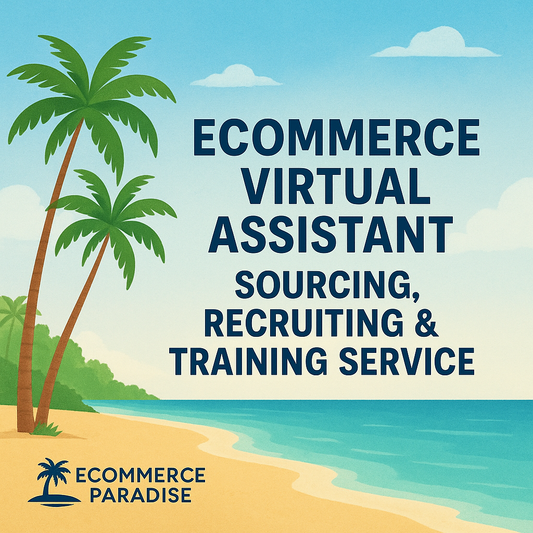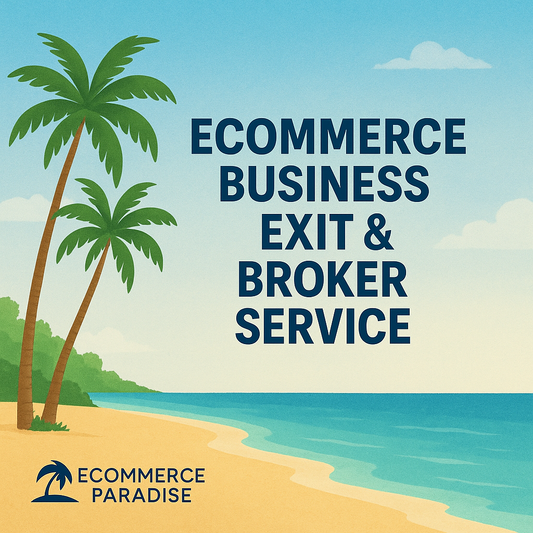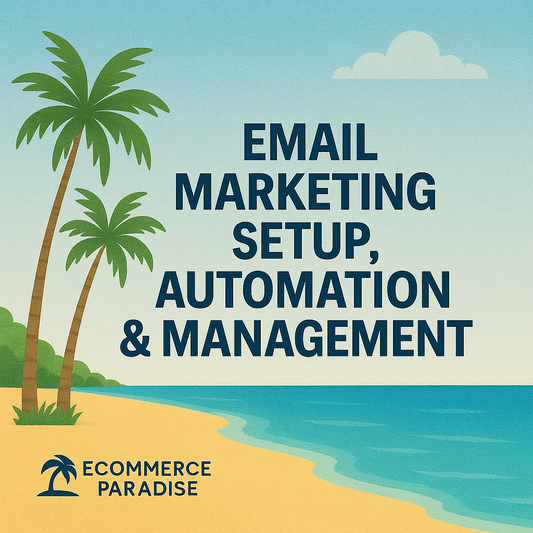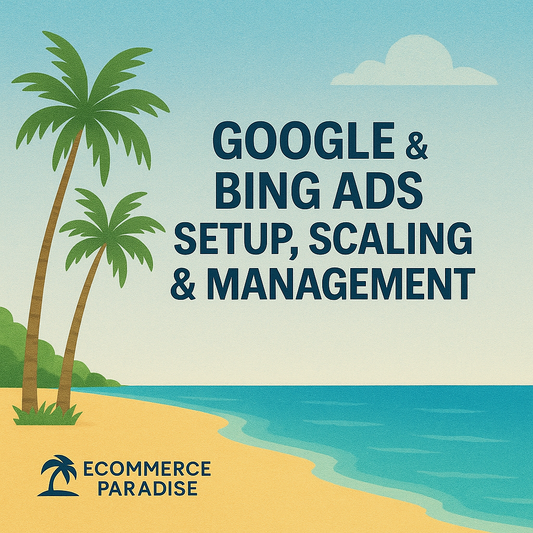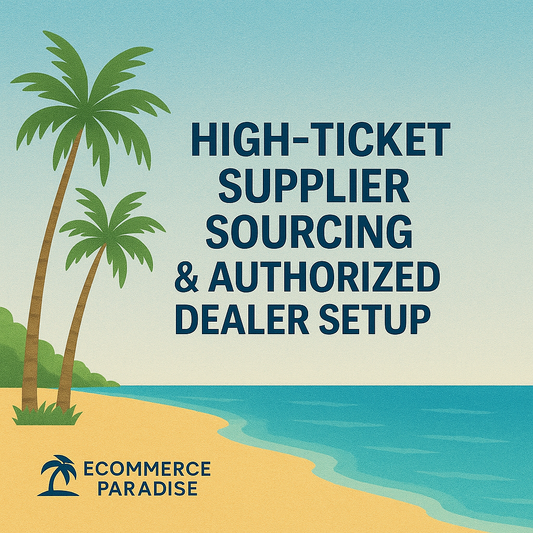
Moz Review: Key Features, Pros, Cons, and Expert Insights
Moz Review is a tool used to help website owners and marketers improve their search engine rankings. It analyzes websites and provides feedback on what areas need improvement. Moz Review gives users practical steps to make their sites more visible in search results.
Many businesses and bloggers use Moz Review to track their website health and find out how they compare to competitors. It points out issues like broken links, slow page speed, or missing keywords, making it easier to know where to start.
Learning about Moz Review is helpful for anyone who wants a better understanding of search engine optimization (SEO) and website performance.
What Is Moz?

Moz is a software company known for its SEO tools and resources. It helps businesses improve their online visibility, track search rankings, and analyze website performance.
Overview of Moz as a Company
Moz develops tools for search engine optimization (SEO). Its main offerings include Moz Pro, Moz Local, and Moz Link Explorer. These products are used by marketers, small businesses, and agencies to find keywords, research competitors, audit sites, and build local search visibility.
The company often updates its tools to reflect changes in Google’s search algorithms. It also gives users insights on backlinks, keyword rankings, and technical site issues. Moz has a large online community, which includes a popular blog, learning guides, and the free MozBar browser extension.
Some of Moz’s tools are free, but full access usually requires a subscription. People use Moz for site audits, local SEO, and competitor research. It is well known for being easy to use and for reliable customer support.
History and Evolution
Moz began in 2004 as a blog and online community called SEOmoz. It was co-founded by Rand Fishkin and his mother, Gillian Muessig, in Seattle, Washington. The company first focused on sharing SEO advice and connecting experts.
As interest in SEO grew, Moz started building its own software to help with keyword research and site analysis. In 2013, the company changed its name from SEOmoz to Moz, marking a shift to broader marketing tools.
Over the years, Moz added new features like site crawler reports, rank tracking, and local search tools. Leadership changed when Sarah Bird replaced Rand Fishkin as CEO. Moz keeps updating its tools to support changing SEO trends. Today, it is one of the most recognized brands in the SEO space.
Moz's Core Features
Moz includes a mix of research, tracking, and diagnostic tools aimed at improving website search rankings. Its features help users find keyword opportunities, track SEO performance, and fix site issues that may hurt visibility.
Keyword Research Tools
Moz offers keyword research features that allow users to discover new keywords, check search volume, and assess competition. The Keyword Explorer tool is central, providing statistics like monthly search volume, keyword difficulty, and organic click-through rate.
Users can compare multiple keywords and see suggestions for related phrases. This helps them target terms with higher traffic potential and less competition.
Key features include:
- SERP (Search Engine Results Page) analysis
- Keyword lists for organization
- "Priority" score to find the best opportunities
Moz Pro subscribers get access to more keyword suggestions and deep analysis. These tools help users build stronger SEO strategies based on real data.
Site Audit and SEO Analysis
Moz scans websites for SEO problems and technical issues. The Site Crawl tool checks for broken links, missing tags, and duplicate content, then generates reports that show what to fix first.
It uses a visual dashboard to display issue counts and trends over time. This lets users track progress as they improve their sites.
Other analysis features include:
- Actionable recommendations for repairs
- Scoring of page optimization
- Monitoring of on-page SEO changes
Moz also helps users understand how their site’s health compares with competitors, making it easier to prioritize site fixes and track improvements.
Moz Pricing and Plans
Moz offers a range of subscription plans tailored for businesses and individuals who want to improve their search engine rankings. Prices vary based on features, access limits, and the level of support included.
Plan Options Compared

Moz provides four main plans: Standard, Medium, Large, and Premium. The Standard plan costs $99 per month and fits beginners or small websites. It includes basic keyword, link, and site audits.
The Medium plan is priced at $179 per month. It increases limits and adds extra keyword reporting. The Large plan, at $299 per month, supports more campaigns and includes advanced tracking tools. The Premium plan is $599 per month. It suits agencies with high search volumes and includes the highest limits and extra reporting features.
All plans come with a free 30-day trial. Month-to-month contracts are available, and customers can save up to 20% by paying yearly.
| Plan | Price/mo | Best for | Main Features |
|---|---|---|---|
| Standard | $99 | Beginners | Basic tools & reports |
| Medium | $179 | Small businesses | Higher limits & keyword metrics |
| Large | $299 | Agencies | Advanced tracking & more campaigns |
| Premium | $599 | Enterprises | Maximum limits & priority support |
Value for Money
Moz plans vary in value depending on the user's needs and website size. The Standard plan offers enough tools for individuals or small teams at a lower cost. However, advanced reports and higher data limits require the Medium or above plans.
Competitors like Ahrefs or SEMrush often have similar pricing. Some features, like Link Explorer and on-page optimization, set Moz apart for specific research tasks. Large agencies may see more value in higher tiers due to bulk report limits.
Support resources, such as webinars and learning guides, are included with all plans. Upgrades can be made at any time, allowing customers to scale as their needs grow. All plans come with access to Moz’s core SEO tools, so value increases with usage and scale.
Moz Pros and Cons
Moz offers several strong features, such as accurate keyword data and user-friendly tools. However, the platform also has some drawbacks, including feature gaps and cost concerns.
Key Advantages
Moz Pros often stand out for their quality and ease of use. The platform includes tools like Keyword Explorer, which helps users find valuable keywords for SEO campaigns. Their Link Explorer tool makes it simple to analyze backlinks and check domain authority.
Users appreciate the clear interface. Key features are easy to find, making it suitable for beginners and experienced marketers. Regular updates ensure that Moz’s data stays current.
Moz’s support team is known for fast, helpful responses. Their online guides and blog articles provide extra help for learning SEO basics or advanced tactics.
A free trial is available, which allows users to test core tools before committing. Moz also balances price and features well compared to some other major SEO platforms.
Drawbacks and Limitations
Moz Cons include a higher price point for advanced features, which may limit small teams or solo users. Some tools, like site audits, can take longer to process compared to competing platforms.
There is no integrated PPC analytics, so users wanting both SEO and paid search data will need multiple tools. The backlink database, while helpful, is not as large or fresh as those of some competitors like Ahrefs or SEMrush.
Users also report that local SEO features are not as deep as other specialized platforms. Some advanced metrics and data visualizations are missing or require extra cost.
Export limits and report customization are less flexible in lower pricing tiers. This can be an issue for agencies or users with complex reporting needs.
User Experience and Support
Moz Review pays attention to how users interact with its tools and how questions or issues are handled. People often choose software that is simple to use and comes with good support.
Interface and Ease of Use
The Moz Review interface is clean and organized. Users find the dashboard easy to navigate, with all main features placed in common locations. The layout uses clear menus and simple icons to help beginners and experienced users.
Key highlights:
- The search bar and reporting tools are easy to find.
- Tutorials and tips appear on-screen during first use.
- Settings and customization options are grouped into sections.
Most users can complete basic tasks without searching for help. The color scheme uses readable fonts and high contrast, making it accessible to more people. Updates are rolled out with clear notes so users can adjust quickly.
Customer Support Quality
Moz offers several support channels, including email, live chat, and a help center. The help center has guides, FAQs, and videos to solve common problems. Response times for email and chat are usually within 24 hours.
Support team strengths:
- Friendly and helpful agents
- Step-by-step instructions in replies
- Follow-up messages to make sure issues are solved
There is also a community forum where users can share tips or ask questions. Some users note that complex issues may take longer to resolve. However, most day-to-day topics are handled fast and clearly.
Who Should Use Moz?
Moz is useful for anyone looking to improve a website’s search rankings or increase online visibility. Features focus on keyword research, link building, and site audits.
Best Use Cases
Moz works best for search engine optimization (SEO) tasks such as keyword tracking, on-page optimization, and backlink analysis. Its keyword explorer helps users find new keyword ideas and measure competition. This is helpful for both new and experienced SEO professionals.
The site audit tool quickly flags technical SEO problems like broken links or missing meta tags. Marketers and teams can track keyword rankings over time and generate clear reports for clients or bosses. Moz can also monitor competitor SEO activities for strategy improvement.
Common uses:
- Analyzing website health
- Discovering keyword opportunities
- Tracking progress against competitors
- Managing SEO for multiple websites
Business Types and Niches
Moz caters to small businesses, digital marketing agencies, and in-house marketing teams. It fits well for companies with a strong focus on content marketing or online sales. Freelancers and startups use Moz to manage SEO on a budget, since it provides a range of free and paid tools.
Local businesses can use Moz Local, a feature designed to manage online listings and reviews. E-commerce websites benefit from Moz’s analysis to optimize product pages and attract organic traffic. Agencies rely on Moz to handle clients across industries such as retail, real estate, healthcare, and technology.
Industries that benefit most:
| Industry | Reason to Use Moz |
|---|---|
| Retail | Product and category SEO |
| Healthcare | Local visibility and accuracy |
| Real Estate | Location-based search |
| Technology | Competitive keyword research |
Moz's Additional Services
Moz offers extra features beyond its main tools. These services include a strong community where users share advice and a large collection of learning resources.
Moz Community and Resources
Moz’s community gives users a place to ask questions, join discussions, and share ideas about SEO. The Moz Q&A Forum lets people get help from experts and other users on topics like keyword research or technical issues.
Members can join groups based on interest or industry. There are special events and webinars where users can learn about new trends or ask about specific SEO challenges. Moz also runs contests and provides badges for active community members.
Some resources are free, while others may need a Moz account. Users new to SEO can find step-by-step guides, checklists, and worksheets that make complex information easier to understand.
Moz Blog and Learning Center
The Moz Blog posts fresh articles each week on SEO strategies, industry updates, and Google algorithm changes. Most posts are written by specialists and cover both basic and advanced topics.
The Learning Center offers in-depth guides and tutorials. These materials are split into topics like link building, local SEO, and site audits. Lessons include both text and videos, making it easy for people with different learning styles.
Users can also find up-to-date lists, best practices, and downloadable templates. The Learning Center is updated often to reflect changes in the SEO world. This helps readers stay current without searching other sites.
Final Thoughts on Moz
Moz provides a wide range of SEO tools and resources aimed at helping websites improve their search rankings. It stands out for its easy-to-use interface, strong reputation, and active community support.
Is Moz Worth It?
Moz offers several plans. The Standard plan is best for small businesses or beginners, while the Medium and Large plans offer more features for agencies or larger companies.
One key benefit is Moz's extensive keyword research and site audit tools. Users can track rankings, check backlinks, and find crawl errors. Moz also offers educational resources, which many find helpful for learning SEO basics.
Here is a quick overview:
| Plan | Best For | Key Features |
|---|---|---|
| Standard | Small businesses | Basic analytics, keyword tracking |
| Medium | Growing companies | Advanced reporting, more keyword limits |
| Large/Premium | Agencies/Enterprises | Deeper insights, more tracked websites |
Cost can be higher than other options. Some users may need more advanced features found in competitor tools. However, for many users, Moz provides enough value to justify its price, especially if they use most of its core features.
Future Outlook
Moz continues to update its platform. Recent improvements include better link analysis tools and expanded keyword databases. The company has focused on making their interface clearer and speeding up load times.
SEO changes fast. Moz is working to keep up with updates from search engines like Google. They introduced new metrics, such as Keyword Difficulty and Spam Score, to help users make smarter choices.
Moz also invests in community support and regular blog updates, which help users stay informed. The addition of AI-driven tools and reporting features is expected in future updates.
Moz appears ready to adapt as search engine algorithms change. This focus on updates and support makes Moz a reliable choice for many businesses and marketers.




